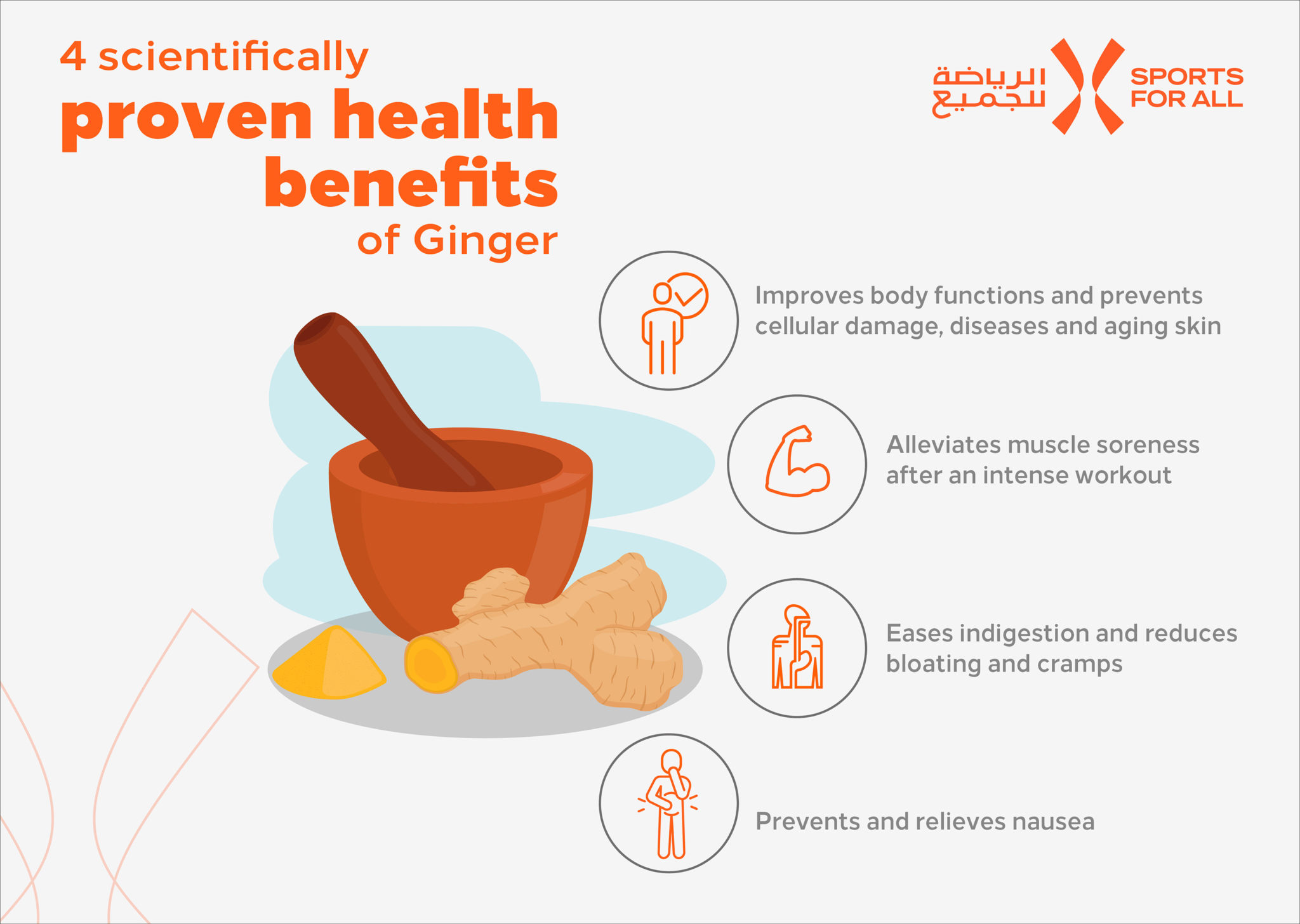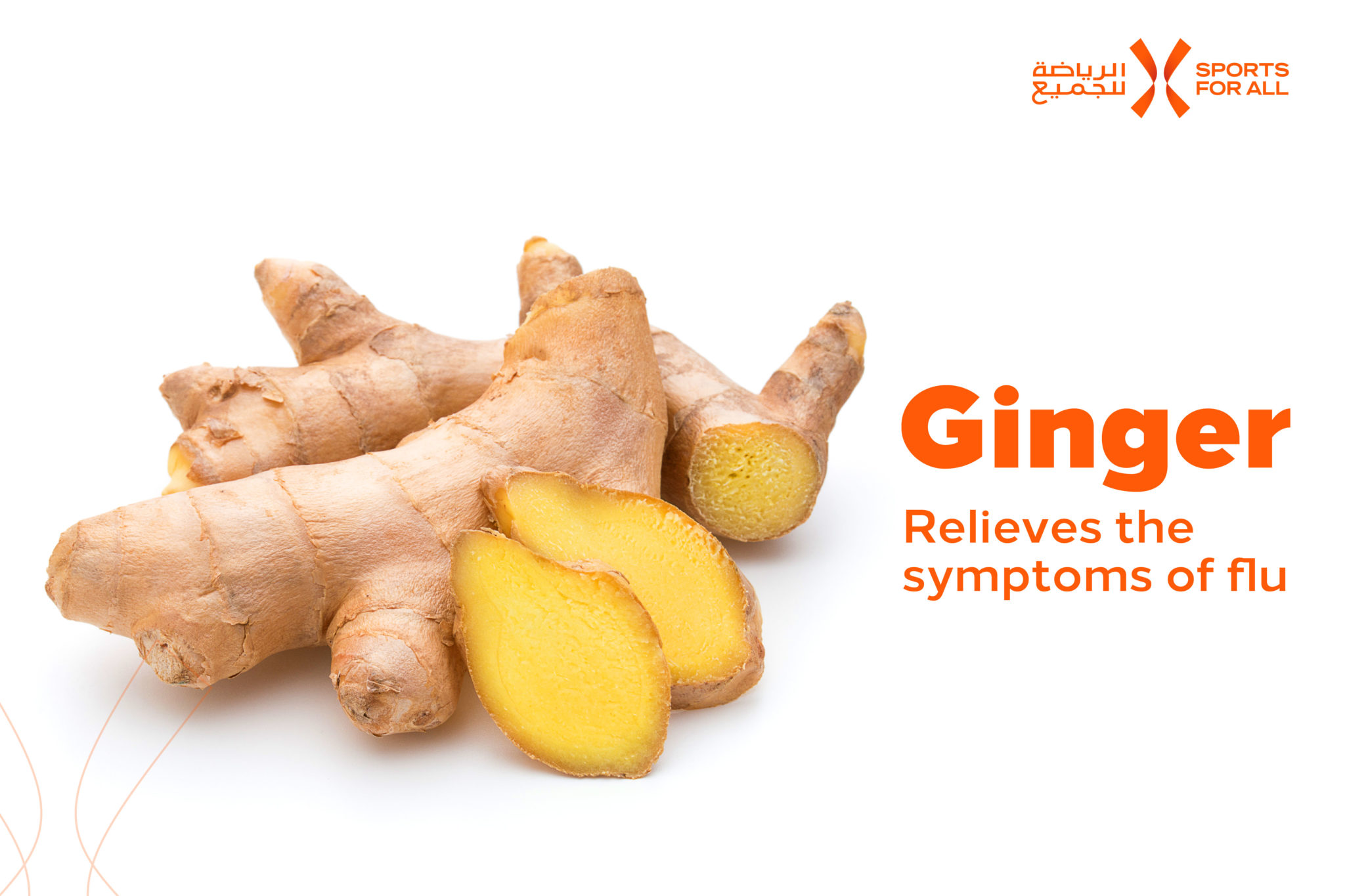This natural remedy boasts a slew of health benefits
Did you know that ginger plant grows up to almost a meter in height? If you aren’t a garden enthusiast, you probably associate ginger solely with the rough, knotted yellow root that we use in various meals or as a tea.
Similar to turmeric, ginger packs a nutritional punch; you may have heard of ginger-turmeric shots and shakes due to the recent surge in popularity. The root has an extensive history of use in culinary practices and also in various forms of traditional and alternative medicines.
Scientists have accredited gingerol as the bioactive compound that bolsters ginger’s health benefits. There is also some promising indications that ginger helps with immunity as it has natural antibacterial properties, and it is thought to speed up recovery when you’re faced with a cold or feeling under the weather.
(There is a buyer beware here: always check with your doctor on safe levels of any natural remedy, especially for pregnant women.)

Here are four scientifically proven benefits of moderate amounts of ginger:
Ginger is rich in antioxidants
Gingerol has potent antioxidant properties that improve our body functions. Antioxidants work to help our body eliminate free radicals to prevent them from causing cellular damage that can lead to a range of diseases. Plus, antioxidants are touted as a great way to battle aging skin.
Ginger has anti-inflammatory properties
After an intense workout, your muscles might feel sore and fatigued. Why? Muscles release various metabolites into the tissue surrounding muscle cells, resulting in inflammation. (Check out our guide for ways to reduce muscle soreness here!) The inflammation-fighting properties of ginger can be effective in alleviating muscle soreness and pain post-workout. Some studies have found that even topically applying ginger can be very effective in relieving pain.
Ginger eases indigestion
If your stomach is upset after trying a new dish or after a heavy meal, ginger can offer some relief. It works to speed up the movement of food through the gastrointestinal (GI) tract and also reduces bloating and cramps.
Ginger helps to alleviate nausea
Ginger’s ability to prevent and relieve nausea is arguably one of its most recognized properties, and understandably so. Ginger has historically been used as a seasickness and motion sickness remedy across many civilizations. Modern research continues to back this claim with many studies proving that ginger helps reduce symptoms of nausea, especially in pregnant women and patients undergoing chemotherapy.
Researchers continue to study the health benefits of ginger; they are now in the early stages of analyzing the effects of ginger on lowering blood sugar levels in Type 2 Diabetes patients. Ginger is also being looked at for its potential impact on cholesterol, heart disease, and acid reflux. In the meantime, the proven benefit gains of ginger encourage us to incorporate it into meals regularly.
Try adding some ginger into your tea in the morning, add it into your favorite dishes for an extra kick, and work some grated ginger into your smoothies for a nice flavor boost!
Click here to learn more about superfoods!
Healthy Living is a frequently updated content section brought to you by the Saudi Sports for All Federation. In the spirit of supporting our #HealthyActiveCommunity, we’re sharing tips around wellness, physical activity and more!






